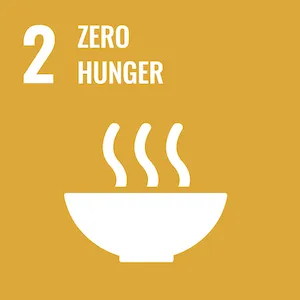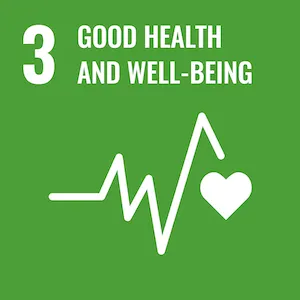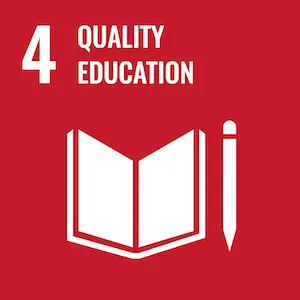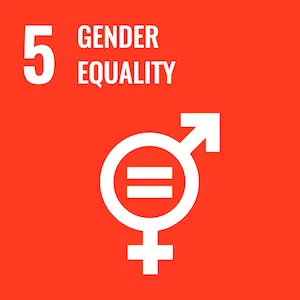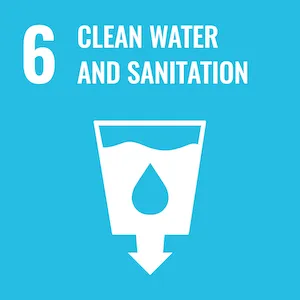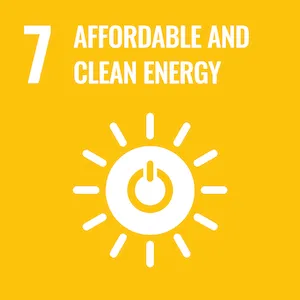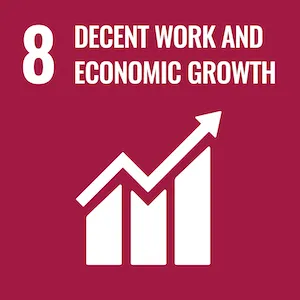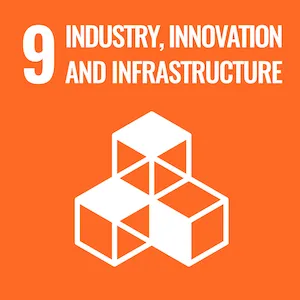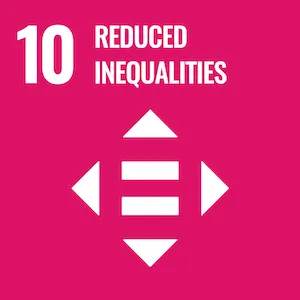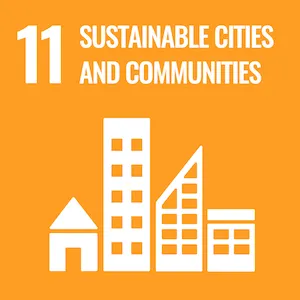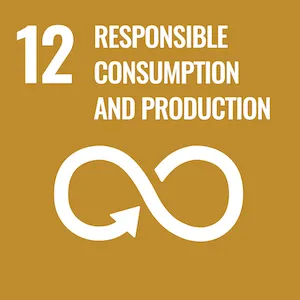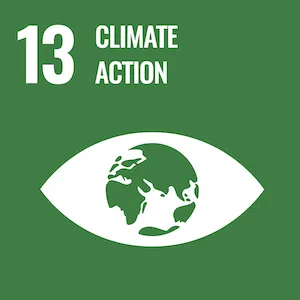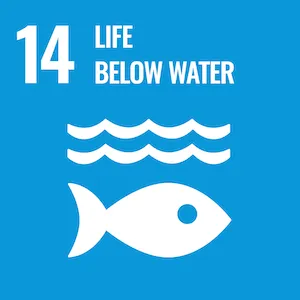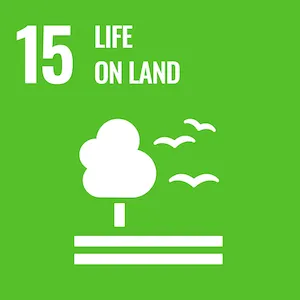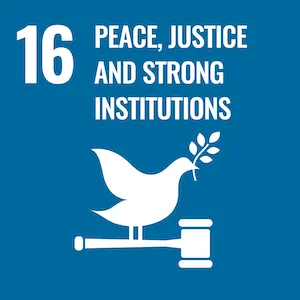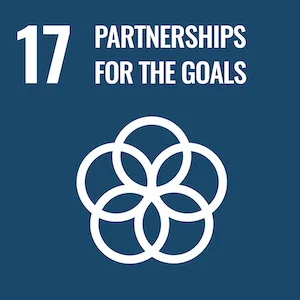Hello! 👋 We use our own cookies and third-party cookies to provide statistical data and information on users' browsing habits. This helps us improve our content and services, including displaying advertising related to users' preferences. You can enable these cookies by clicking the "Accept Cookies" button. If you prefer to keep these cookies disabled, click the "Reject Cookies" button. You can also enable or disable the ones you prefer by clicking the "Customize Cookies" button.
The technical storage or access is strictly necessary for the legitimate purpose of enabling the use of a specific service explicitly requested by the subscriber or user, or for the sole purpose of carrying out the transmission of a communication over an electronic communications network.
El almacenamiento o acceso técnico es necesario para la finalidad legítima de almacenar preferencias no solicitadas por el abonado o usuario.
The technical storage or access that is used exclusively for statistical purposes.
El almacenamiento o acceso técnico que se utiliza exclusivamente con fines estadísticos anónimos. Sin un requerimiento, el cumplimiento voluntario por parte de tu proveedor de servicios de Internet, o los registros adicionales de un tercero, la información almacenada o recuperada sólo para este propósito no se puede utilizar para identificarte.
The technical storage or access is required to create user profiles to send advertising, or to track the user on a website or across several websites for similar marketing purposes.
